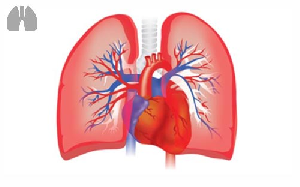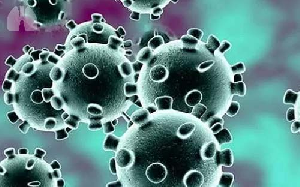
Cystic fibrosis (CF) is a life-threatening disorder characterised by decreased pulmonary mucociliary and pathogen clearance, and an exaggerated inflammatory response leading to progressive lung damage. CF is caused by bi-allelic pathogenic variants of the cystic fibrosis transmembrane conductance regulator (CFTR) gene which encodes a chloride channel. CFTR is expressed in endothelial cells (ECs) and EC dysfunction has been reported in CF patients, but a role for this ion channel in CF disease progression is poorly described.
We used an unbiased RNA sequencing approach in complementary models of CFTR silencing and blockade (by the CFTR inhibitor CFTRinh-(172)) in human ECs to characterise the changes upon CFTR impairment. Key findings were further validated in vitro, in vivo in CFTR knock-out mice and ex vivo in CF patient-derived ECs.
Both models of CFTR impairment revealed that EC proliferation, migration and autophagy were downregulated. Remarkably though, defective CFTR function led to EC activation and a persisting pro-inflammatory state of the endothelium with increased leukocyte adhesion. Further validation in CFTR knock-out mice revealed enhanced leukocyte extravasation in lung and liver parenchyma associated with increased levels of EC activation markers. In addition, CF patient-derived ECs displayed increased EC activation markers and leukocyte adhesion, which was partially rescued by using CFTR modulators VX770-VX809.
Our integrated analysis thus suggests that ECs are no innocent bystanders in CF pathology, but rather may contribute to the exaggerated inflammatory phenotype, raising the question whether normalisation of vascular inflammation might be a novel therapeutic strategy to ameliorate the disease severity of CF.
Footnotes
This manuscript has recently been accepted for publication in the European Respiratory Journal. It is published here in its accepted form prior to copyediting and typesetting by our production team. After these production processes are complete and the authors have approved the resulting proofs, the article will move to the latest issue of the ERJ online. Please open or download the PDF to view this article.
Conflict of interest: Dr. Yan reports grants from National Institutes of Health, during the conduct of the study;.
Conflict of interest: Dr. Declercq has nothing to disclose.
Conflict of interest: Dr. de Zeeuw has nothing to disclose.
Conflict of interest: Nadine Conchinha has nothing to disclose.
Conflict of interest: Dr. Geldhof has nothing to disclose.
Conflict of interest: Dr. Ramalho has nothing to disclose.
Conflict of interest: Dr. García-Caballero has nothing to disclose.
Conflict of interest: Dr. Brepoels has nothing to disclose.
Conflict of interest: Dr. Ensinck has nothing to disclose.
Conflict of interest: Dr. Carlon has nothing to disclose.
Conflict of interest: Dr. Bird has nothing to disclose.
Conflict of interest: Dr. Vinckier has nothing to disclose.
Conflict of interest: Dr. Proesmans has nothing to disclose.
Conflict of interest: Dr. Vermeulen has nothing to disclose.
Conflict of interest: Dr. Dupont has nothing to disclose.
Conflict of interest: Dr. Ghesquière has nothing to disclose.
Conflict of interest: Dr. Eelen has nothing to disclose.
Conflict of interest: Dr. Dewerchin has nothing to disclose.
Conflict of interest: Dr. Carmeliet has nothing to disclose.
Conflict of interest: Dr. Cassiman has nothing to disclose.
Conflict of interest: Dr. Treps has nothing to disclose.
Conflict of interest: Dr. Witters has nothing to disclose.
- Received February 7, 2020.
- Accepted October 4, 2020.
- Copyright ©ERS 2020














